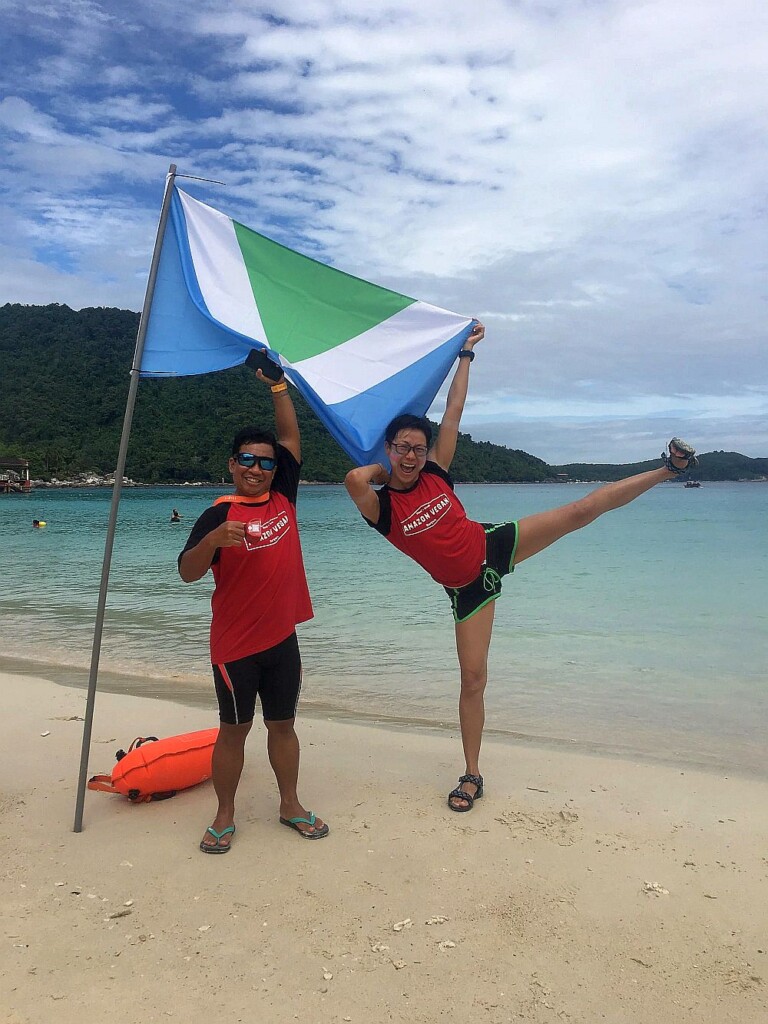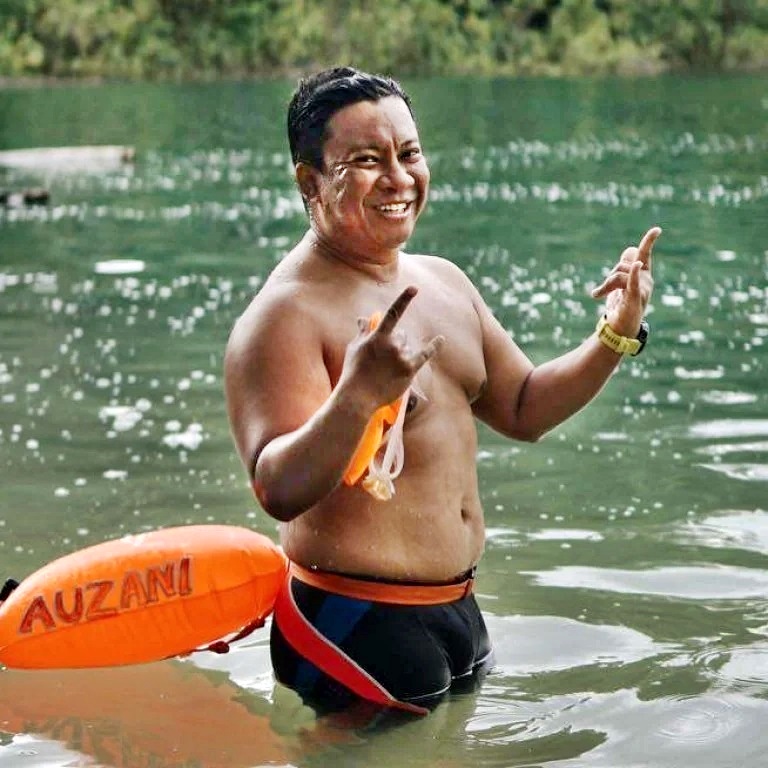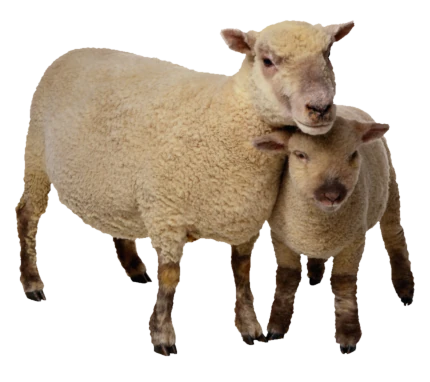When Malaysian Ironman-in-training Auzani Ridzwan’s 40th birthday plans were quashed by heart attacks, he overhauled his diet and turned to open-water swimming
Swim partner and vegan advocate Davina Goh went plant-based in her 30s and now enjoys better sleep, clearer skin and more energy
A 40th birthday is a milestone and Auzani Ridzwan wanted his to be special. He planned to celebrate the positive changes he had made to his life by taking part in a serious athletic challenge.
“I had gone from a sedentary lifestyle to the best shape of my life thanks to walks that led to runs, then cycling and swimming, so I decided to sign up for my first ever half Ironman, the Langkawi 70.3, [in] 2018,” the Malaysian says.
But Ridzwan’s life turned upside down one week before the big event.
Following a 5km (3.1-mile) run after a stressful week of travelling for work, he sat down for breakfast – and had a heart attack.
While waiting for the ambulance, he had a second heart attack.
In hospital, thankful to have survived, he was shocked by the doctors’ counsel.
“After all that hard work to become fit, they said I wouldn’t be able to do high-impact sports any more as my heart now had a fixed limit,” he says.
With triathlons off the agenda, he focused on swimming and started training three times a week with MySwim Coaching, a swimming school in Petaling Jaya.

Swimming, a resistance-based activity, was perfect for his heart condition as he would be buoyed and cooled off by the water.
“I had to abandon my dream of becoming an Ironman [which requires swimming, cycling and running] but decided I could still become an Oceanman [an open-water swimmer],” says Ridzwan, who is the sales engineering manager for software company Sitecore.
While swimming made Ridzwan healthier and stronger, he was unable to shed weight. He felt imprisoned by the daily cocktail of heart medications and started wondering whether there was a natural way that he could be free of the drugs.
He stumbled upon a friend’s social media post about a week-long vegan challenge. Every day, his friend would post the vegan meals he had, such as vegan nasi lemak (fragrant rice cooked in coconut milk and pandan leaf), vegan mee curry (spicy noodle soup garnished with various toppings) and vegan satay skewers.
“I was thinking, ‘What? You mean I don’t have to eat leaves to be vegan?’” he says.
He immediately signed up for a week, savouring the rich variety of daily vegan lunches and dinners. The one-week challenge turned into a two-week challenge – and after three weeks, it became a permanent habit.
Fast-forward to 2022. Ridzwan stands next to swimming friend Davina Goh on a beach in the Perhentian Islands off Malaysia’s east coast. They are both taking part in the Perhentian Island Challenge, in which they will be swimming 4km along the shore of one of the islands, Pulau Besar.
Before the start, the pair – who met at a relay swim event in January in which they happened to be on the same team – proudly wave the vegan flag, then plant it sturdily in the white sand, alongside the flags of the countries represented.
Goh, also known as Davina Da Vegan, is an advocate for the plant-based lifestyle. She runs vegan workshops, develops recipes and manages plant-based campaigns for clients. Her motto is: “The road to self-love starts with a mindful meal.”

But becoming a vegan was not straightforward for Goh. While she showed compassion towards animals from a young age and wanted to align her diet with her beliefs and become a vegetarian, social and cultural norms got in her way.
“Having grown up in a Chinese-Malaysian family in a communal society like Malaysia, my parents said it was important to eat meat and to not be fussy about what was served, so they simply didn’t let me become a vegetarian,” she says.
Goh finally turned vegetarian in her early 30s. She quickly started reaping the health benefits: better sleep, clearer skin, more energy and a more regular period.
After four years as a vegetarian, information about veganism became more accessible in Malaysia, and Goh decided to go vegan.
“I learned that it was possible to be an athlete and be vegan at the same time, and as I was already lactose-intolerant, I only had to drop eggs from my diet,” she says.
Today, Goh shows Malaysians how to make vegan living as accessible, convenient, affordable and nourishing as possible – without compromising on the taste and the fun.
Goh and Ridzwan are most often asked how they get enough protein and iron on a vegan diet. The best sources, they say, are beans, seeds, nuts and nut butters, lentils, whole grains, and soy-based products.
The two frequently consume a Malaysian favourite, tempeh, made from partially cooked, whole, fermented soybeans.

